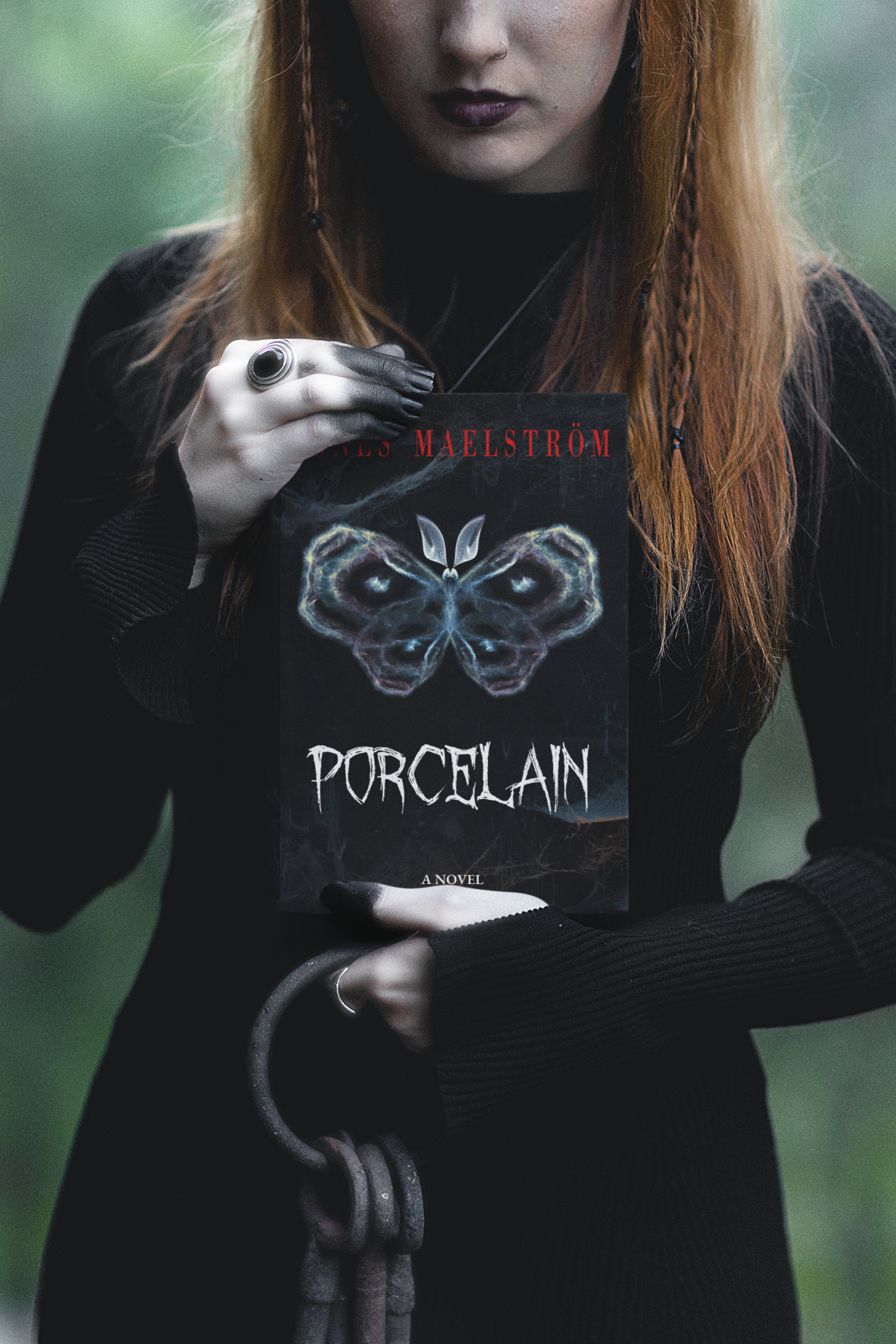Welcome, my fellow book lover!
In today's fast-paced world, it is easy for women, especially those who have dedicated much of their time and energy to caring for others, to lose touch with their own identities. This emotional disconnect can lead to stress, anxiety, and a sense of unfulfillment. However, there is a gentle path back to oneself that can be found through the pages of a book. This is where bibliotherapy comes in. In this article, we will explore how reading can serve as a powerful tool for emotional reconnection and healing, particularly for middle-aged women.
What is Bibliotherapy?
Bibliotherapy is a therapeutic approach that utilizes literature to support personal development and emotional healing. It involves the intentional selection and reading of books, poetry, or stories to facilitate self-reflection and insight. This method has roots in traditional psychology but has gained popularity as a standalone healing practice. By engaging with narratives, readers can explore their own feelings, experiences, and challenges in a safe and constructive way.
The Benefits of Bibliotherapy for Emotional Healing
Many of us turn to books for entertainment, escapism, or knowledge. However, bibliotherapy encourages us to read with purpose, helping to address emotional and psychological needs. Here are some of the benefits of using bibliotherapy as a means of reconnecting with yourself:
Self-Reflection
Books often provide characters that reflect our own struggles and joys, allowing us to see ourselves in their journeys. This can spark critical self-reflection and conversations that help us understand our feelings and thoughts better. By relating to the experiences of others, we can start to identify the layers of our own feelings that may have been suppressed over the years.
Emotional Validation
Bibliotherapy permits women to feel validated in their emotions. By engaging with stories that echo our struggles or triumphs, we can come to realize that our experiences are not isolated. This recognition can be profoundly liberating, fostering a sense of community with others who have endured similar journeys.
Enhanced Empathy
Reading about diverse characters and plots expands our understanding of human experiences beyond our own. This can help rebuild empathy, which may have waned during years of self-sacrifice for family or work. Renewed empathy can lead to improved relationships not just with others, but also with ourselves.
A Pathway for Communication
Books can act as conversation starters, offering a means to discuss feelings and experiences with loved ones or therapists. Whether it’s sharing a poignant quote or discussing a character’s choices, these narratives can help create a bridge for expressing what may feel like unspeakable emotional challenges.
Gentle Prompts to Reconnect with Yourself
As you explore bibliotherapy, consider using these gentle prompts alongside your reading to deepen your self-reflection:
- What emotions do I feel when I read about this character? Reflect on how the character’s journey mirrors or contrasts your own.
- What aspects of this story resonate with my life? Identify parallels in your life and consider how you can use this insight for personal growth.
- How does this story make me feel about my own relationships? Explore any emotional shifts regarding your connections to family, friends, or self.
- What lessons can I take away from this narrative? Think about practical applications of insights gained from the story in your own life.
Book Recommendations for Bibliotherapy
Choosing the right books is crucial for successful bibliotherapy. Here are some suggestions that can help you reconnect with yourself:
"The Gifts of Imperfection" by Brené Brown
This book encourages readers to embrace their imperfections as a path to self-acceptance. Brené Brown’s insights can help women reclaim their self-worth and foster compassion for themselves.
"Untamed" by Glennon Doyle
In "Untamed," Doyle shares her journey of self-rediscovery and liberation. This memoir resonates with women who have put others first for too long and offers inspiration to reclaim their identity.
"Women Who Run with the Wolves" by Clarissa Pinkola Estés
This classic explores stories of womanhood and wildness, encouraging readers to reconnect with their instinctual selves. The book provides a deep dive into the psyche of women, empowering them through mythology and storytelling.
"The Art of Asking" by Amanda Palmer
Amanda Palmer's book reflects on the importance of vulnerability and connection, pushing readers to understand the strength found in asking for help and support. This can be particularly impactful for women who might struggle with feelings of independence versus interdependence.
How to Start Your Bibliotherapy Journey
To begin your bibliotherapy journey, start small. Choose a book that speaks to you or one that you've always wanted to read. Set aside time each day to immerse yourself in the material. As you read, allow yourself to be vulnerable and open to whatever emotions arise. Keep a journal to jot down thoughts and reflections based on your reading and the prompts we've shared.
Additional Resources for Support
If you’re interested in a more structured approach to bibliotherapy, consider enrolling in professional training. The Modern Bibliotherapy Certifying Training Course offers a comprehensive overview of bibliotherapy practices, equipping you with the tools necessary to facilitate healing through storytelling.
Another valuable resource is the Reflect, Recharge, Reset: Overcome Stress and Anxiety in 5 Days with Bibliotherapy program. This course is designed to help you manage stress and anxiety while supporting your emotional reconnection through curated reading experiences.
Conclusion
Bibliotherapy can be a gentle and effective way for women to reconnect with themselves in the midst of life’s demands. By engaging with stories through reading, we can explore our emotions, find validation, and spark personal insights that encourage healing. So, pick up a book, start your journey, and remember: your story is still being written.







Leave a comment